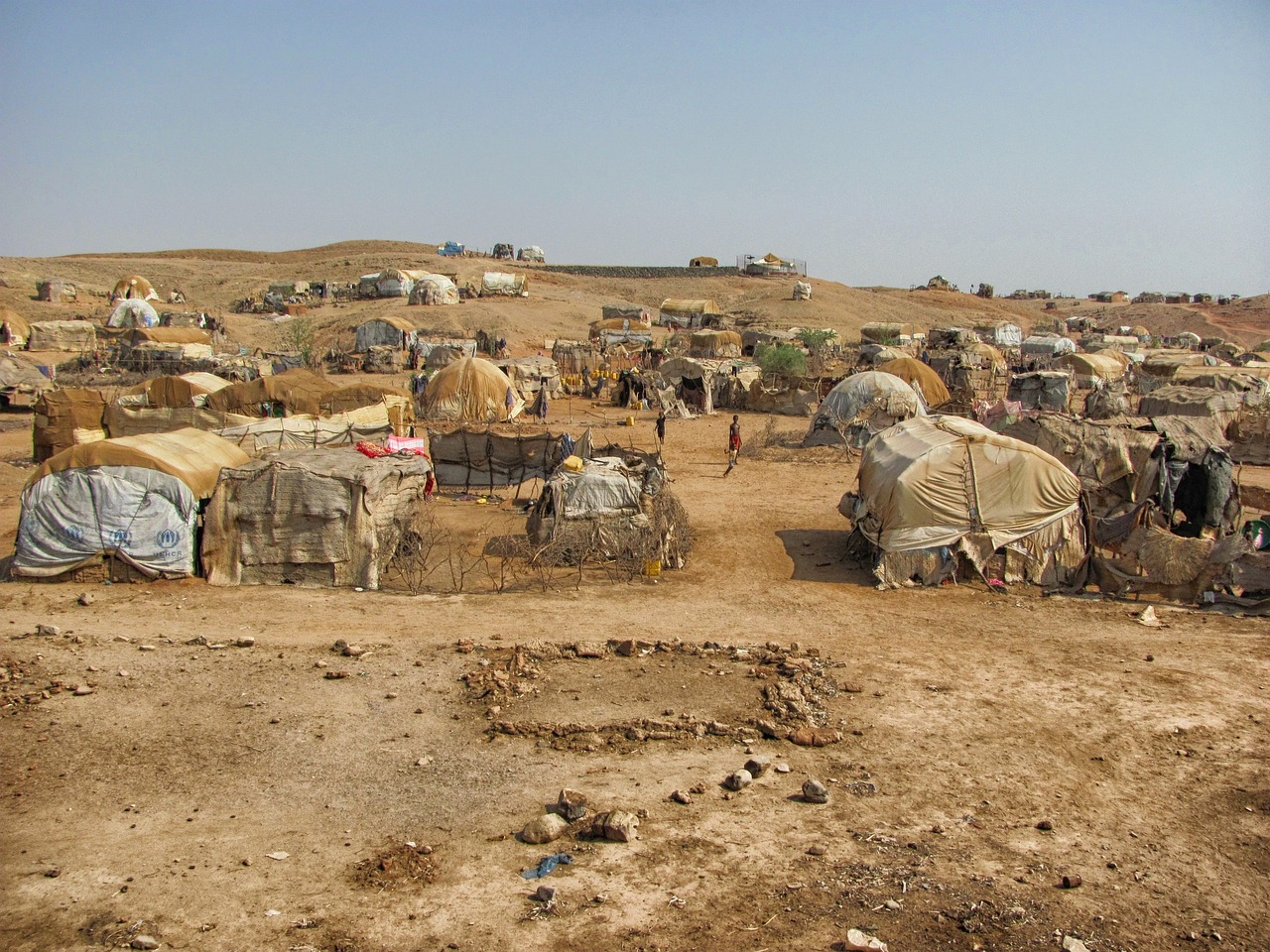Crisis settings are complex and often unstable. Security conditions and accessibility can change suddenly for a range of reasons, including adverse weather conditions, conflict, political tensions, and access to appropriate nutrition. In protracted crisis settings, many children and youths lack access to high-quality education: only 61% of all refugee children attend primary school, compared with 92% of all children globally; only 23% of adolescent refugees attend secondary school; and just 1% of refugees attend university (UNHCR, 2018). Identifying and scaling effective innovations related to the above range of reasons, could rapidly increase both access to and the quality of education for all. However, major evidence gaps limit our understanding of what works in crisis contexts. Evidence from rigorous, mixed-method, experimental or quasi-experimental impact evaluations of food security / nutrition, climate resilience, and others in crisis contexts is particularly limited. For this reason, it is crucial to implement more rigorous studies, with credible comparison groups, to determine what works to improve outcomes in humanitarian and crisis contexts. In addition, impact and process evaluations are vital to examine program implementation and contribute to the successful scale-up programs in both humanitarian and development contexts.
Our work in the humanitarian / vulnerable context is specifically to conduct research, monitoring, evaluation and learning; and data analysis in the below areas :
- Food Security and Nexus with Nutrition
- Climate Resilience
- Conflicts and Migration
We provide data collection training to—and work with—individuals residing in crisis settings, who are trusted by the community and familiar with the context. This also provides a capacity building opportunity to develop the skills of those within the community.
In carrying out research, monitoring, evaluation and learning services, we closely consult with implementers on the best way to proceed in the designing of SBC strategies. In doing so, it is feasible to design rigorous impact and process evaluations in humanitarian contexts that do not require changing the program design, are appropriate for the context, and can credibly assess program impact and implementation.

